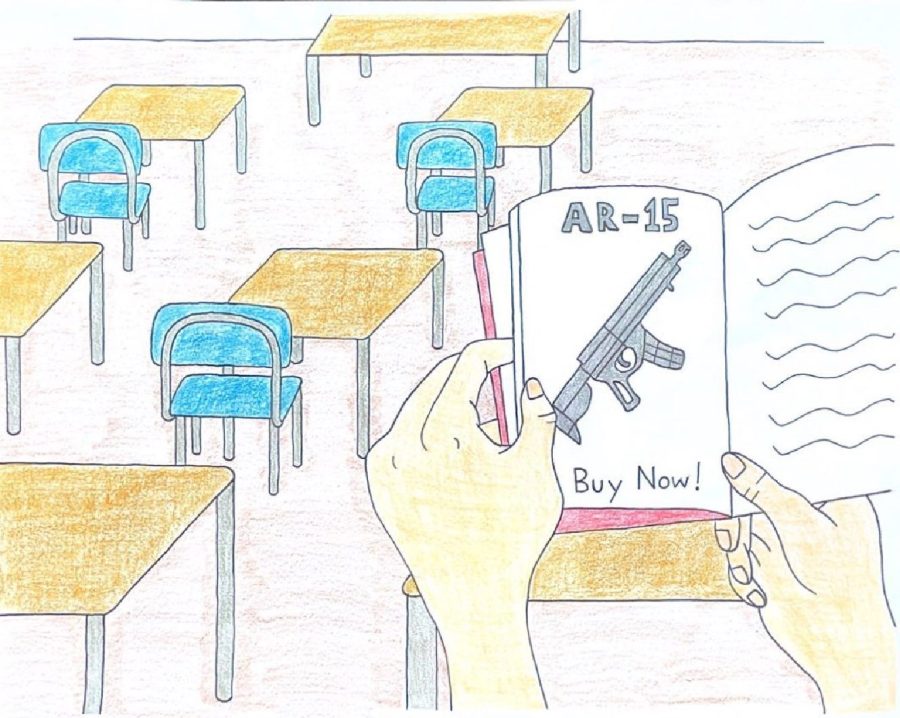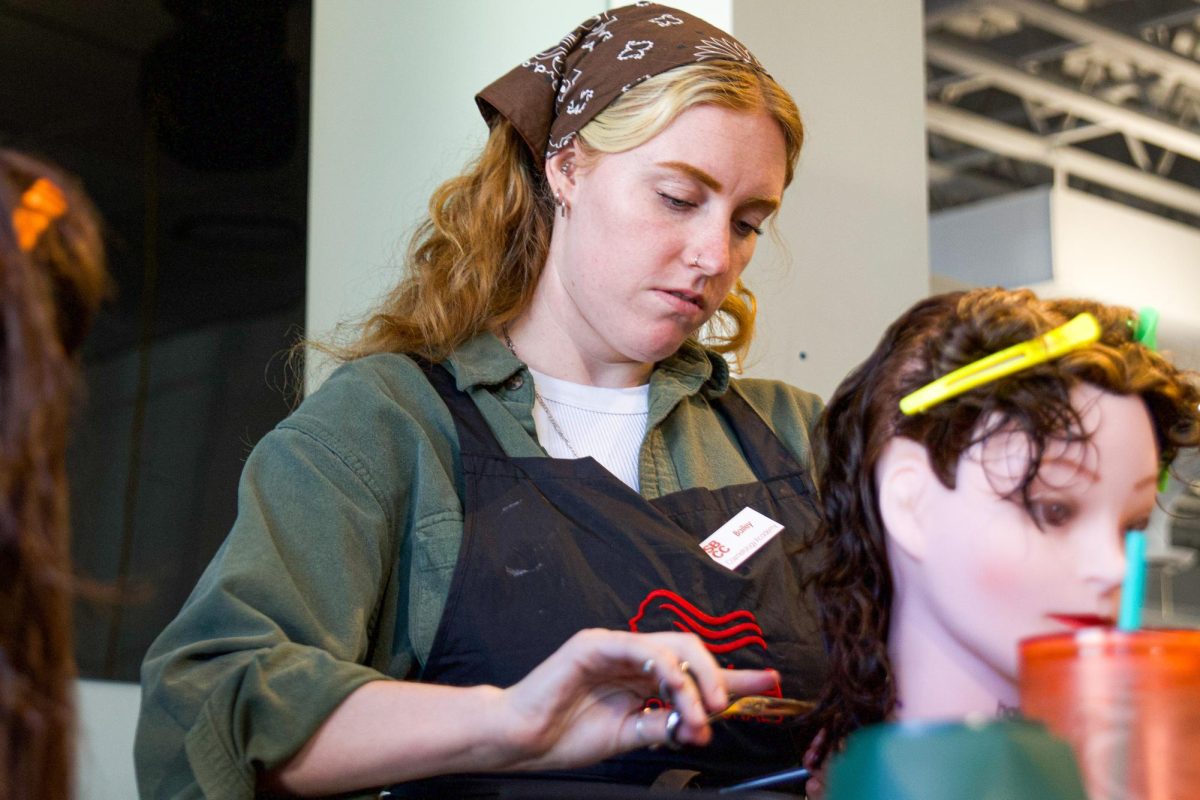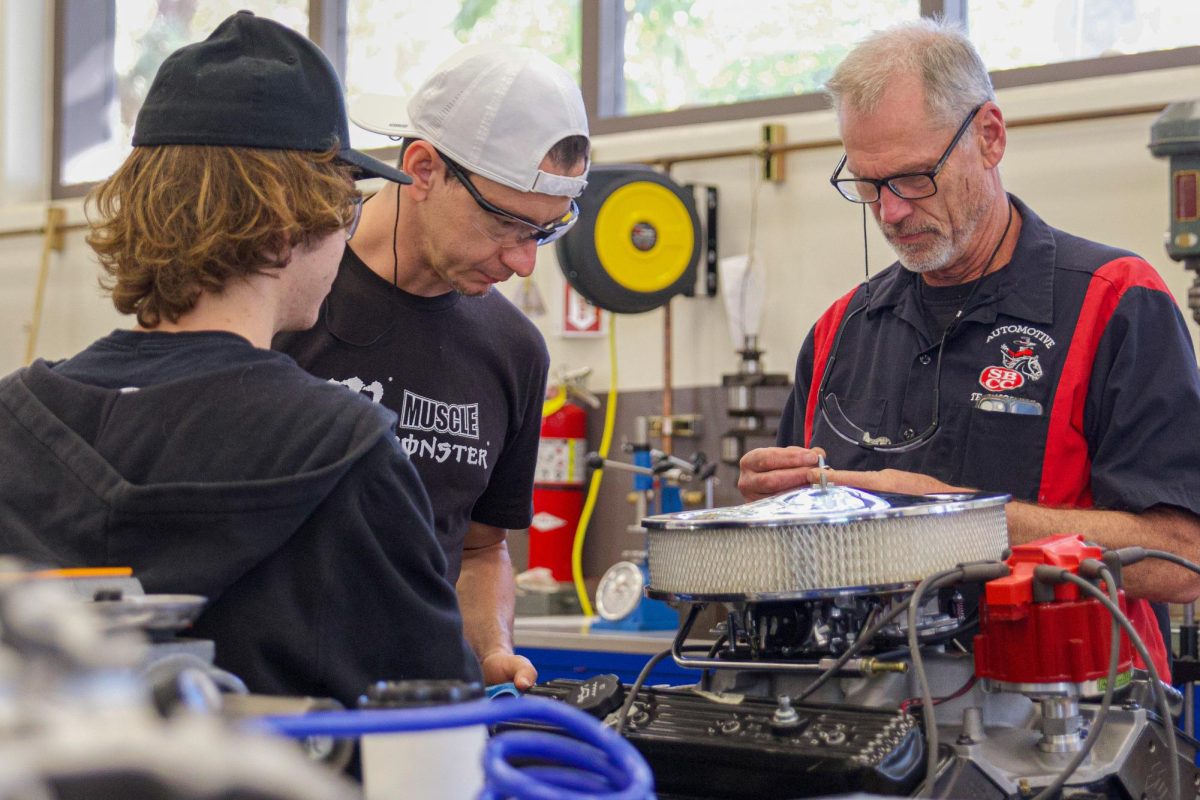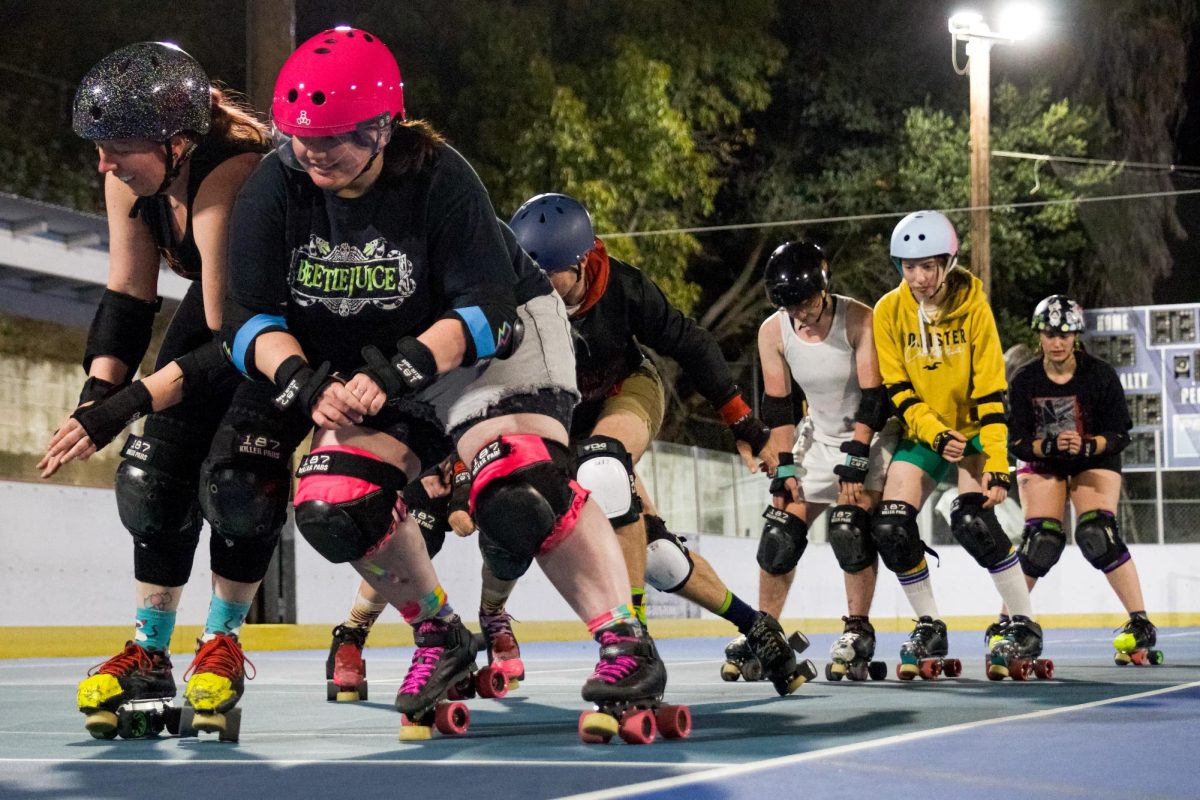Traditionally in America, there are schools for learning, homes for resting, ballrooms for dancing, farms for producing and banks for financing, to name a few.
All of these places have become fatal spots for mass shootings.
An everyday setting unfolds into a battlefield of violence and horror with the pull of a trigger, leaving innocent people traumatized, injured or, in the most dreadful cases, dead.
Although an active shooting can occur almost anywhere, educational institutions have gained popularity since the Columbine High School massacre almost 24 years ago.
Since 1999, 377 school shootings have wreaked havoc in the country.
Complexity of the Issue
School shootings around the country have instilled fear into the lives of countless individuals, accompanied also by the uncertainty behind the reasons for each incident.
“If you look into the background of the individuals who are going through with these acts of violence, there’s no real theme or causation that you can point to,” said Amanda Jacobs, interim executive director of public affairs and communications at City College.
In most cases, mental health can be equated with bad behavior, resulting in an association with mass shootings. However, experts have reason to believe otherwise.
“Approximately 5% of mass shootings are related to severe mental illness,” Ragy Girgis, associate professor of clinical psychiatry at Columbia University, wrote in “Is There a Link Between Mental Health and Mass Shootings?.”
These findings cannot state with certainty that mental health is not at least one of the underlying issues surrounding school shootings. According to Girgis, an estimated 25% of non-psychotic disorders, such as depression, are linked with mass shootings. Additionally, Girgis states around 23% are associated with substance use. However, the research does add to the complexity of the matter.
“The stress of life and feeling that they’ve been victimized, bullied, targeted on social media, not having strong connections with family or friends, those can all be underlying issues that may cause someone to consider [harm],” Erik Fricke, director of campus safety and emergency response at City College, said.
Campus Safety
At City College, Fricke handles the groundwork for any threat by alerting and coordinating with law enforcement, along with ensuring the welfare of students, staff and faculty.
“School should be a safe place, and when you come to school the last thing you should have to worry about is someone coming onto our campus and causing harm,” Fricke said.
According to Fricke, the entrances of every building and classroom throughout City College attain electronic locks.
“With a click of the mouse, we can lockdown the entire campus,” Fricke said.
Following a campus lockdown, an emergency text notification is sent through AlertU, which alerts City College of details and any necessary action as far as RUN. HIDE. FIGHT in an active shooter event.
Fricke also wants to install a gunshot detection system on campus, placing sensors throughout the inside and outside of all buildings. These sensors would alert campus safety as well as the police department on where shots are taking place.
“The police aren’t relying on just 911 calls coming in, they’re actually getting real data coming in,” Fricke said.
Threat Assessment
Identifying a potentially harmful individual can be a difficult task for anyone to uphold.
According to the FBI, the “Four-Pronged Assessment Model” assesses the circumstance of a potentially harmful individual between their personality traits and behavior, family dynamics, school dynamics and social dynamics.
“All aspects of a threatener’s life must be considered when evaluating whether a threat is likely to be carried out,” Mary Ellen O’Toole, FBI supervisory special agent, wrote in “The School Shooter: A Threat Assessment Perspective.”
These details can provide useful insight when identifying the signals of intended harm toward others, though intuition may serve someone just as greatly.
“What it really comes down to is a feeling, and an instinct…what I want students to nurture is that idea that if something doesn’t feel right, it’s important to notice it and say something,” Lacey Peters, City College personal counseling department co-chair, said.
Process of Coping
Not every school shooting is the same, and the anticipation of such an event can cause deep distress and disturbance in people.
Nonetheless, services at City College revolving around student health assists those in managing these issues.
“[Personal counseling] is a safe place to process that trauma, and to begin to look at, and to help students cope,” Peters said.
Additionally, City College has a “Report a Concern” form, which allows students who are feeling unsafe or concerned to report their issues to the campus Behavioral Intervention Team, who take the necessary actions to ensure the well-being of students and the community








